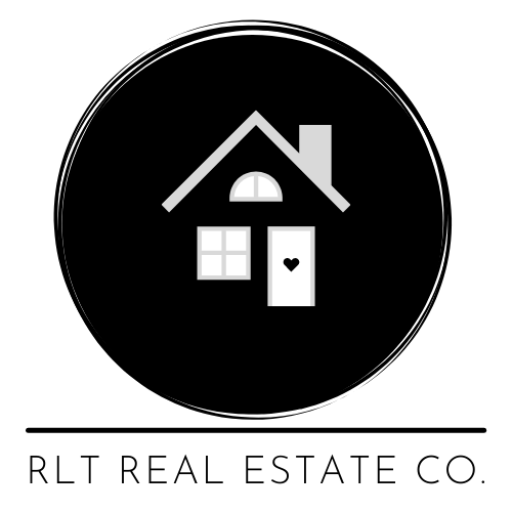In this video, we delve into the question of whether Airbnb-ing your property is a viable option for property owners. As a registered real estate agent and investor with experience in Airbnb-ing my own properties, I aim to provide valuable insights and guidance to help you make an informed decision. We will explore various factors, including market demand, city regulations, upfront costs, daily management, and potential revenue. By understanding these considerations, you can determine if Airbnb-ing your property aligns with your goals and aspirations.
Understanding Your Goals and Commitment:
Before diving into Airbnb, it’s important to assess your goals and commitment. If you view it as a side hustle, be prepared to dedicate at least six months to a year to the venture. This commitment is necessary due to upfront costs such as furnishing, professional photography, and your time investment. Consider whether you are willing to sideline other priorities and commit to managing your property effectively.
City Regulations and Market Demand in the Greater Toronto Area
Ensure that Airbnb rentals are permitted in your city by researching the local short-term rental regulations. In the Greater Toronto Area (GTA) and other parts of Ontario, for instance, short-term rentals must comply with specific bylaws. Assess market demand by exploring Airbnb listings in your area. Check if properties are frequently booked and if there is demand for both long-term and short-term stays. Additionally, evaluate factors like nearby institutions, attractions, and amenities that draw people to the area.
Investment of Time and Money:
To make your property Airbnb-ready, you will need to invest time and money. Furnishing your property to create an appealing and comfortable space is essential. Consider sourcing products from reputable websites rather than relying solely on private sales platforms for scalability. Professional photography is highly recommended to attract potential guests. Prepare yourself for the day-to-day responsibilities, including customer service, staying updated on market trends, adjusting pricing, and promptly addressing guest inquiries and concerns.
Working with Service Providers:
To ensure a smooth Airbnb operation, establish a reliable network of service providers. Hire a reputable cleaner who can maintain cleanliness and readiness between guest stays. It is also beneficial to have reliable maintenance personnel, such as handymen, plumbers, and electricians, to address any issues promptly. Building these relationships is crucial, especially as you scale your Airbnb business or expand to multiple properties.
Revenue Potential and Market Analysis for Ontario:
Airbnb rentals generally yield higher returns compared to long-term rentals. Analyze the market trends in your area to determine the potential revenue. In most cities, one-bedroom properties can fetch around $80 to $100 per night, while two- to three-bedroom properties can range from $120 to $160 per night. Market dynamics, seasonal fluctuations, and local events can influence pricing, so staying informed and adjusting your rates accordingly is crucial.
Working Around AirBNB Regulations in Ontario:
If your city has regulations that limit or prohibit short-term rentals, consider alternatives. In Ontario, for example, the 28-day minimum rule allows you to bypass short-term rental regulations. Renting your property for 30 days or more exempts you from such restrictions. However, be aware that longer-term rentals may fall under tenancy laws, requiring additional considerations.
Purchasing Properties for Airbnb in Ontario:
If you are considering purchasing properties specifically for Airbnb, exercise caution and conduct thorough due diligence. The Airbnb market has experienced shifts in certain areas, so ensure that your investment aligns with the demand and potential profitability. Working with a registered real estate agent who understands the Airbnb market dynamics in locations like GTA, Hamilton, or the Niagara region can be invaluable in finding suitable properties.
Conclusion
Deciding whether to Airbnb your property involves careful consideration of your goals, commitment, market demand, regulations, and revenue potential. By understanding the nuances of the Airbnb

